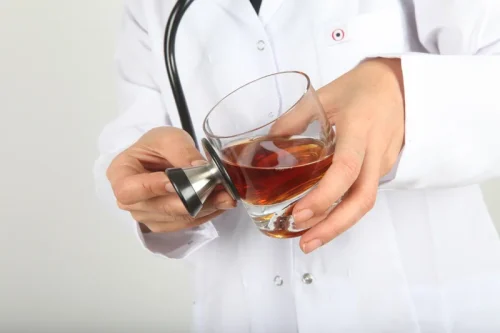
However, the effectiveness and safety of these facilities can be significantly improved through targeted legislative reforms. These local measures often include zoning laws, safety standards, and limits on the number of homes allowed in a particular area. A recent bill in Arizona, SB1655, mandates that behavioral health entities and sober living homes must file necessary incorporation documents within ten business days before commencing operations.
- A small number of unethically managed sober living homes continue to engage – either directly or indirectly – in patient brokering.
- Furthermore, the intersection of federal laws like the Fair Housing Act and the Americans with Disabilities Act with state regulations creates a complex legal landscape.
- Even people who are highly motivated and committed to staying sober often struggle in early sobriety if they don’t have the right support.
- Accreditation requirements like staff training and regular inspections ensure that operators of sober living homes are adhering to the national standards set forth by the NARR or other organizations.
- There are benefits to this, but those that operate the halfway house as an income-generating business, will not file for non-profit status as they are looking towards the financial rewards that the facility can bring.
The Fair Housing Act’s Role in Protecting Sober Living Home Residents
These homes are generally more affordable and emphasize peer support and self-sufficiency as crucial elements of recovery. Sober living homes provide essential support to individuals recovering from addiction, offering a drug-free environment that promotes sobriety and personal responsibility. These homes vary significantly in scope and amenities, which can be broadly categorized into regular and luxury sober living homes.

The History of Sober Living Houses
Following significant bad press and community outrage, there has been a movement by local governments to try to bring oversight to these facilities. Accreditation requirements like staff training and regular inspections ensure that operators of sober living homes are adhering to the national standards set forth by the NARR or other organizations. Sober living homes can also be a beneficial option for individuals transitioning from incarceration back into the community.
- The US Department of Housing and Urban Development (HUD) has issued guidance to ensure proper application of the FHA to recovery housing.
- This ensures that the sober living home meets a certain code of ethics, as well as health standards.
- With a decade of experience in producing content for drug rehabilitation centers, Ben has developed a deep understanding of the challenges and triumphs in this sphere.
Individuals without a Stable Living Environment
Because of the need for transitional living homes, many are looking into starting a halfway house as a business opportunity. As a non-profit, the income is not eligible to be taxed, but the owner will also not see the profits. However, a bill seeking to license such homes in California has been in the pipeline since 2019. Additionally, the state provides general guidelines and regulations regarding the operations. We offer customized and holistic services for each living house, so we set your success as our professional goal. Visit Strategique Partners to kickstart your journey of establishing your own residential business today.


The responsibility for overseeing sober living homes and issuing licenses typically falls under the jurisdiction of various government bodies and agencies. At the state level, departments of health or human services are often tasked with licensing and regulating these facilities. These departments may have specific divisions or units dedicated to overseeing substance abuse treatment and recovery services. Luxury sober living homes, on the other hand, offer a higher standard of living with enhanced amenities that can include private rooms, gourmet meals prepared by professional chefs, and beautifully landscaped grounds.
We’re Here to Help You Open Your Sober Living Home in Florida

We’ve been waiting for Pennsylvania to finalize it’s “halfway house” regulations for quite some time. Lastly, fostering collaboration between Hope House Boston Review sober living homes and local governments can address concerns such as neighborhood disruption while promoting a recovery-friendly environment. Additionally, enhancing transparency through public registries of certified sober living homes and regular inspections can help ensure compliance and build community trust. This local oversight safeguards communities and ensures that sober living homes fulfill their intended purpose without causing neighborhood disruption or engaging in unethical practices. Such financial support and attention to regulatory details are anticipated to improve the operational standards of sober living homes, potentially increasing their effectiveness in aiding recovery. Florida’s legislative efforts reflect a commitment to protect individuals in recovery by providing adequate housing and preventing exploitation through stringent regulations and oversight.
Sober Living Homes that Do Not Require Licensing
This not only safeguards the interests of residents but also helps to maintain the overall reputation and credibility of the industry. Medication-assisted treatment (MAT) is recognized as an effective recovery tool when combined with supportive services, enhancing both engagement and outcomes for individuals in recovery from addiction. According to the National Alliance for Recovery Residences (NARR), MAT includes physician-prescribed medications that are part of a comprehensive treatment plan. There are important legal and operational guidelines that sober living homes must follow regarding MAT. As we discussed in Part 1 of this series, Florida also has a voluntary certification program that comes with a catch, but Florida’s caveat is unique to the state.